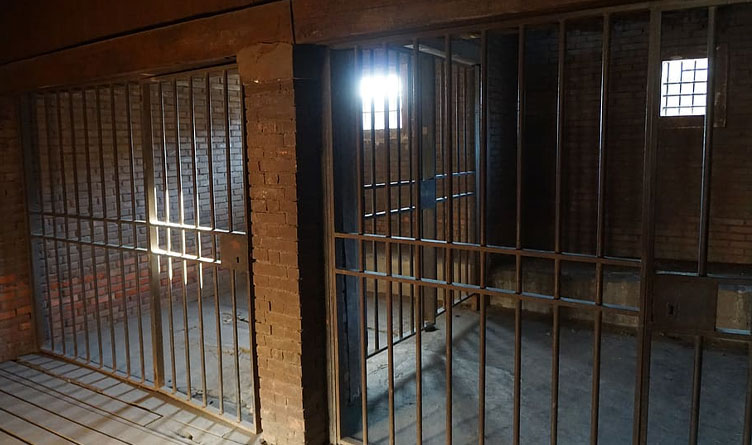Photo Credit: Public Domain
The Center Square [By Jon Styf] –
The Tennessee Department of Corrections requested a nearly $60 million budget increase Thursday in its budget hearing with Gov. Bill Lee and his advisers.
The largest request was $15.9 million for correctional officer pay and raising starting pay from $32,524 annually to $37,654. The second-year pay bumps up to $39,541, an incentive for corrections officers to stay more than one year.
“I don’t know that this will make us competitive in the job market that we have today,” Department of Correction Commissioner Tony Parker said.
The overall budget request was $1.3 billion for a department that houses 25,000 inmates, has 12,000 parolees and 62,000 offenders on probation in the state, Parker said.
*** Click Here to Support Conservative Journalism in Tennessee. We can’t bring your articles like this without your support!***
Tennessee is ranked fifth on a list of eight contiguous states behind Virginia, Missouri, North Carolina and Alabama in terms of starting salaries, Parker said.
The department also requested $4 million to fund staffing related to the Re-entry Success Act, which passed the Legislature at the end of this year’s session and will lead to mandatory supervision for many offenders.
“Reducing the obstacles to reentry truly makes this state a safer place,” Parker said in complimenting Lee on his efforts related to the legislation.
Parker said 1,056 additional prisoners are set to be released in fiscal year 2023 with a similar number in fiscal 2024 and 1,800 in fiscal 2025. Parker said the first year of the program was funded but successive years were not.
An additional $2.8 million was requested to increase the pay of teachers in correctional facilities. The pay for those positions is based on location, with rural locations paying less. Those locations, however, are teaching the most dangerous criminals. The spending proposal would create a system where pay is equal across the state.
Parker said 48% of the $59.9 million requested increase related to contracts the department has, including $9.4 million for a medical contract inflator, $8.4 million for a private prison contract inflator, $3.8 million related to food services contracts, $3.7 million for pharmacy prescriptions costs and $1.9 million for behavioral health contracts.

About the Author: Jon Styf, The Center Square Staff Reporter – Jon Styf is an award-winning editor and reporter who has worked in Illinois, Texas, Wisconsin, Florida and Michigan in local newsrooms over the past 20 years, working for Shaw Media, Hearst and several other companies. Follow Jon on Twitter @JonStyf.




